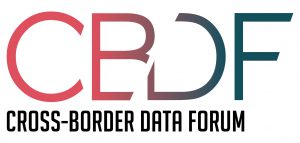Peter Swire and Justin Hemmings’ article Overcoming Constitutional Objections to the CLOUD Act assesses potential facial and as-applied constitutional challenges to the CLOUD Act under the Fourth Amendment. The authors argue that – without a strong fact pattern for plaintiffs – it would appear difficult to overturn the CLOUD Act on Fourth Amendment grounds.
Swire and Hemmings assess three factual situations where litigants may advance a Fourth Amendment claim. These are where the foreign government:
-
- Acts as an agent of the U.S. government and fails to comply with the Fourth Amendment;
- Routinely violates the CLOUD Act’s ban on searches of persons within the territory of the U.S.; and
- Uses an executive agreement to incidentally collect substantial information about U.S. persons.
The article assesses these situations with a focus on two elements of the Fourth Amendment doctrine:
-
- The ‘state action’ doctrine (which holds that the Fourth Amendment only binds U.S. federal, state, and local government, including private agents acting on its behalf); and
- The ‘class of covered persons’ doctrine (which holds that in general the Fourth Amendment protects only U.S. persons, whatever their location, as well as non-U.S. persons within the United States).
Swire and Hemmings also provide an overview of the CLOUD Act, the context in which it was passed, and the executive agreement system. Finally, the article discusses possible next steps for the implementation of the CLOUD Act, with a focus on the U.S.-U.K. executive agreement.
To read the full article on the American Constitution Society’s webpage, click here.
These statements are attributable only to the authors, and their publication here does not necessarily reflect the view of the Cross-Border Data Forum or any participating individuals or organizations.

